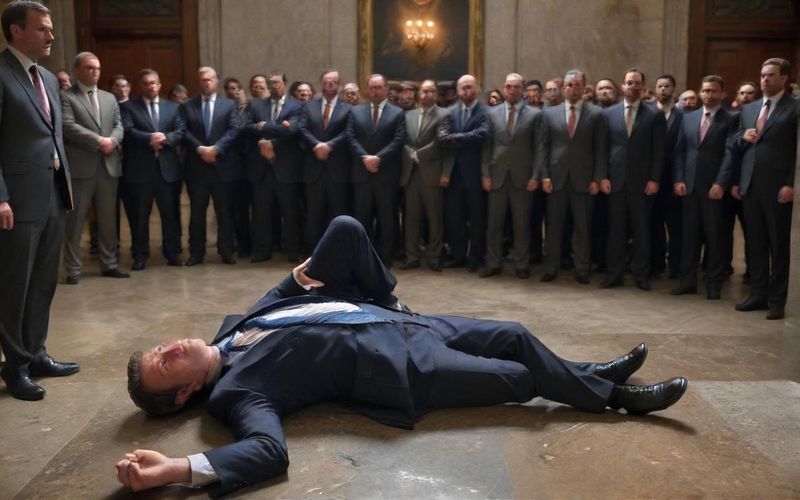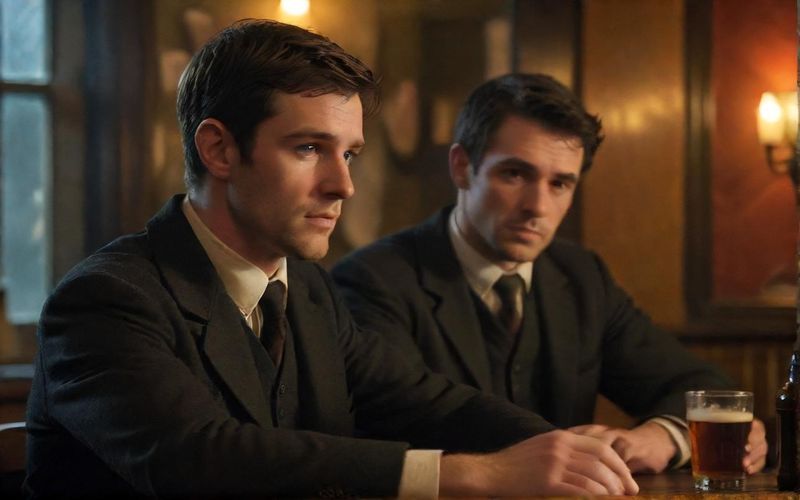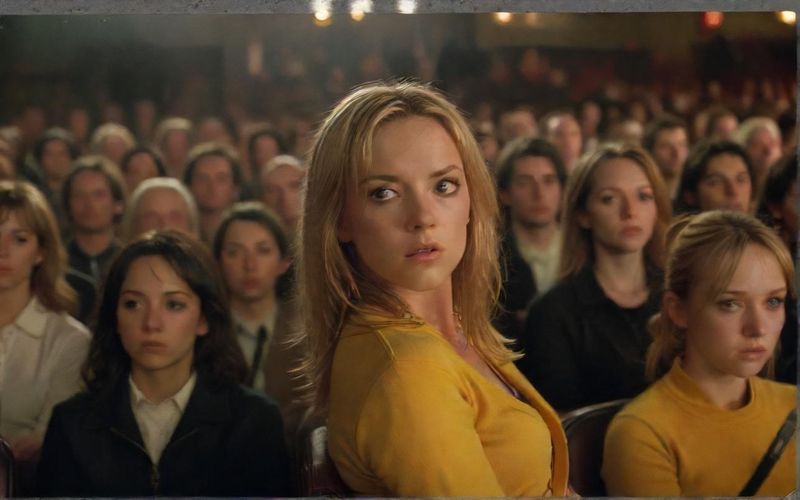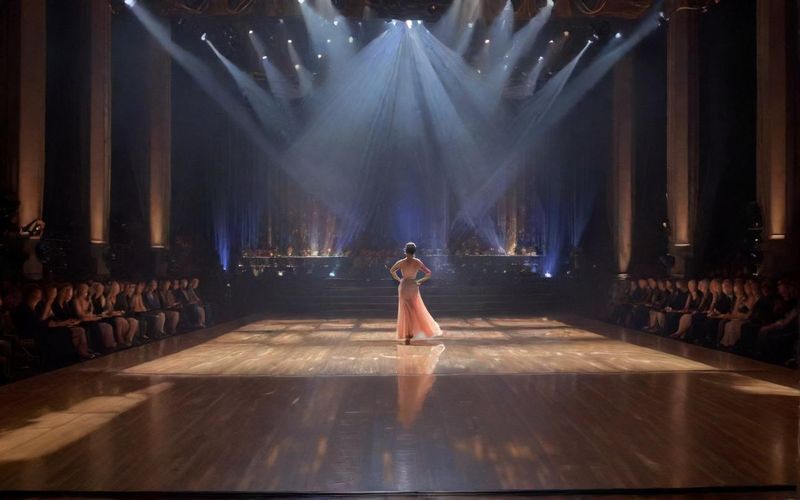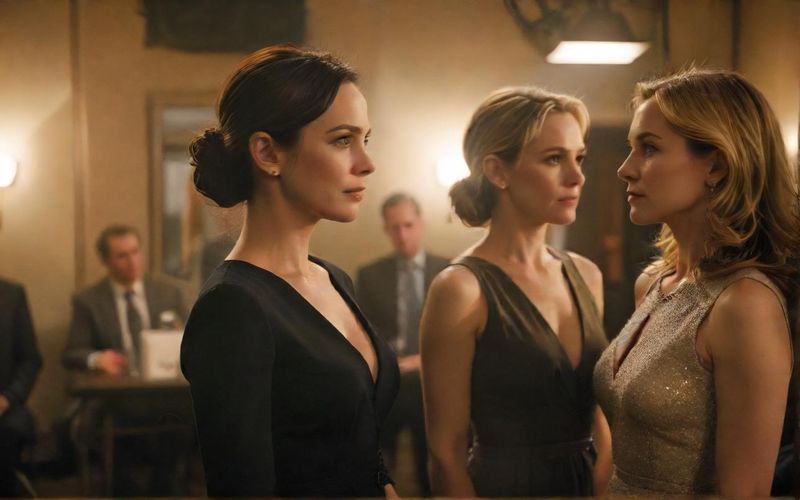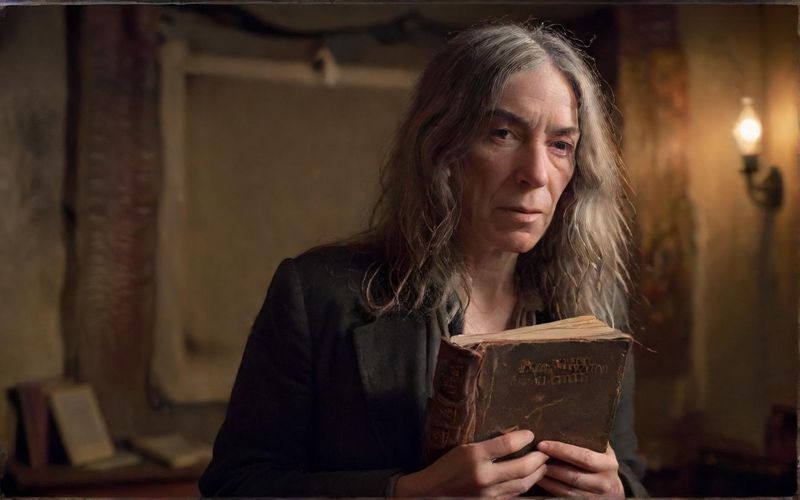Joe Marler's Traitors Triumph: More Than Rugby
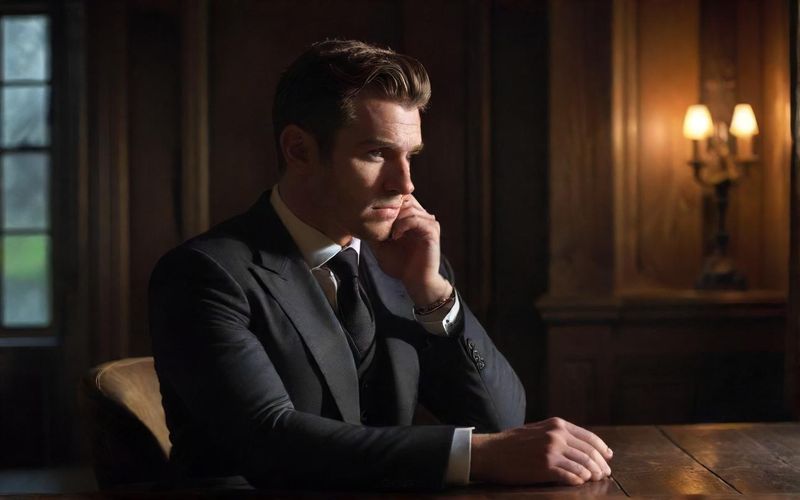
The sheer scale of the viewership for the finale—over 11 million people—speaks volumes about the show's impact. For Marler, the experience was apparently "way more stressful" than representing his country, a statement that highlights the unique pressures of high-stakes television versus the familiar roar of a rugby stadium. His teammates, gathered to watch him compete, expressed a mix of pride and frustration as he was ultimately betrayed by an ally. Alex Coles captured the sentiment perfectly, describing the editing designed to make it seem like Marler had the game “all going swimmingly” before the rug was pulled. This emotional investment from his peers, and the public's subsequent fascination, underscores Marler's undeniable charisma, a quality that transcends the rough-and-tumble world of professional rugby.
What makes Marler so compelling is the stark contrast between his on-field reputation and his on-screen presence. Known for his flamboyant hairstyles, a somewhat edgy persona, and a penchant for “winding people up,” Marler also has a history of disciplinary issues, including incidents involving unsportsmanlike conduct and controversial remarks. Yet, on *Celebrity Traitors*, viewers were introduced to a quick-witted, observant, and surprisingly direct interrogator. He even admitted to being mistaken for a sound technician upon his arrival, a testament to how little the wider public might have known about him beyond his rugby career. This transformation from a formidable front-rower to a sharp-minded television personality is, in itself, a compelling narrative.
Beyond the game of deceit, Marler’s broader story is one of vulnerability and evolution. His retirement from international rugby wasn't just a physical step down; it was also a mental one. He has been open about his struggles with depression, even detailing how some of his more provocative on-field behaviors masked deeper personal issues. His work as an ambassador for CALM (Campaign Against Living Miserably) and his podcast, *Joe Marler’s Things People Do*, demonstrate a conscious effort to dismantle the "toxic masculinity" often associated with elite sports and to create spaces for men to discuss their mental health. This willingness to share his personal battles, to acknowledge past wrongdoings, and to actively work towards positive change adds a profound layer of authenticity to his public image.
The recent trend around joe marler wife and his family life, while often a natural extension of public interest, can sometimes overshadow the more complex narrative of an individual navigating fame, personal growth, and public perception. Marler is not just a retired rugby player or a television personality; he is a man who has openly grappled with his demons and emerged with a desire to use his platform for good. His experience on *Celebrity Traitors* has clearly resonated, not just because of his strategic acumen, but because it has showcased a multifaceted individual who is unafraid to be himself, even if that self has been, at times, misunderstood.
As Marler continues to step outside the rugby arena and into broader public life, one can't help but wonder what other surprising facets of his personality and his experiences he will choose to share. Will this newfound wider platform empower him to advocate even more strongly for mental health awareness, or will the pressures of continued public scrutiny bring new challenges?
